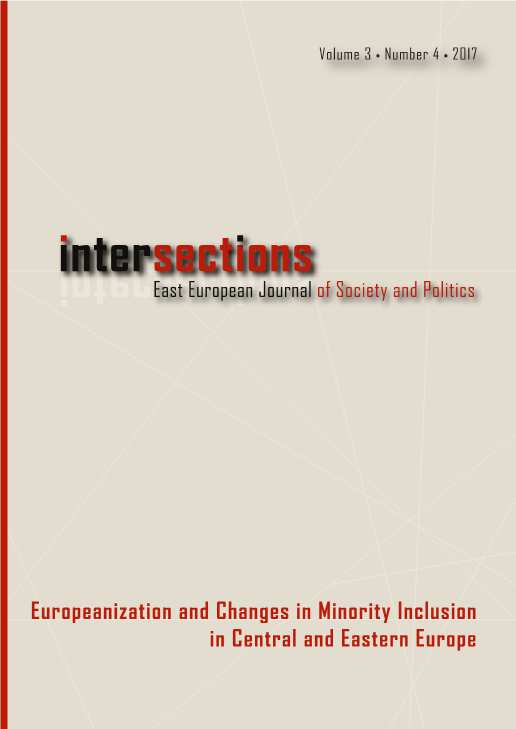Nation-States into Nationalising States. The Impact of Transformation on Minority Participation in the Baltic States
Nation-States into Nationalising States. The Impact of Transformation on Minority Participation in the Baltic States
Author(s): Timofey AgarinSubject(s): Governance, Government/Political systems, Geopolitics, Peace and Conflict Studies
Published by: MTA Társadalomtudományi Kutatóközpont Kisebbsegkutató Intézet
Keywords: Nation-state building; Nationalising states; Estonia; Latvia; Lithuania; Russian speakers; Polish minority; minority rights in the EU
Summary/Abstract: The widely shared perception in the Baltic societies about these countries being national homelands of respective ethno-nations is indispensable for understanding recent political developments in the region. Arguably, the outcomes of the transition from Soviet to European Union member-states have been by far and large positive, forging functioning state institutions and creating polities that are on the forefront of upholding European standards in a range of areas. Much of the debate on the region, my own past contributions included, has emphasised the importance of nation-state-building agendas that have facilitated the transformation of the Russian-speaking population of the region from a formerly dominant nationality of the Soviet Union (SU) into a group that is today a minority in nation-states of Estonians, Latvians, and Lithuanians. Although there are plenty of assessments of how the change in minority members’ opportunities has impacted their social, economic and political mobilisation strategies over the decades since the Soviet demise, this article looks at the framework for these groups’ participation in public life.
Journal: Intersections. East European Journal of Society and Politics
- Issue Year: 3/2017
- Issue No: 4
- Page Range: 41-65
- Page Count: 25
- Language: English

